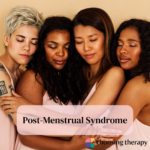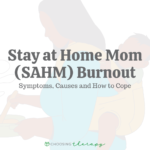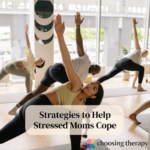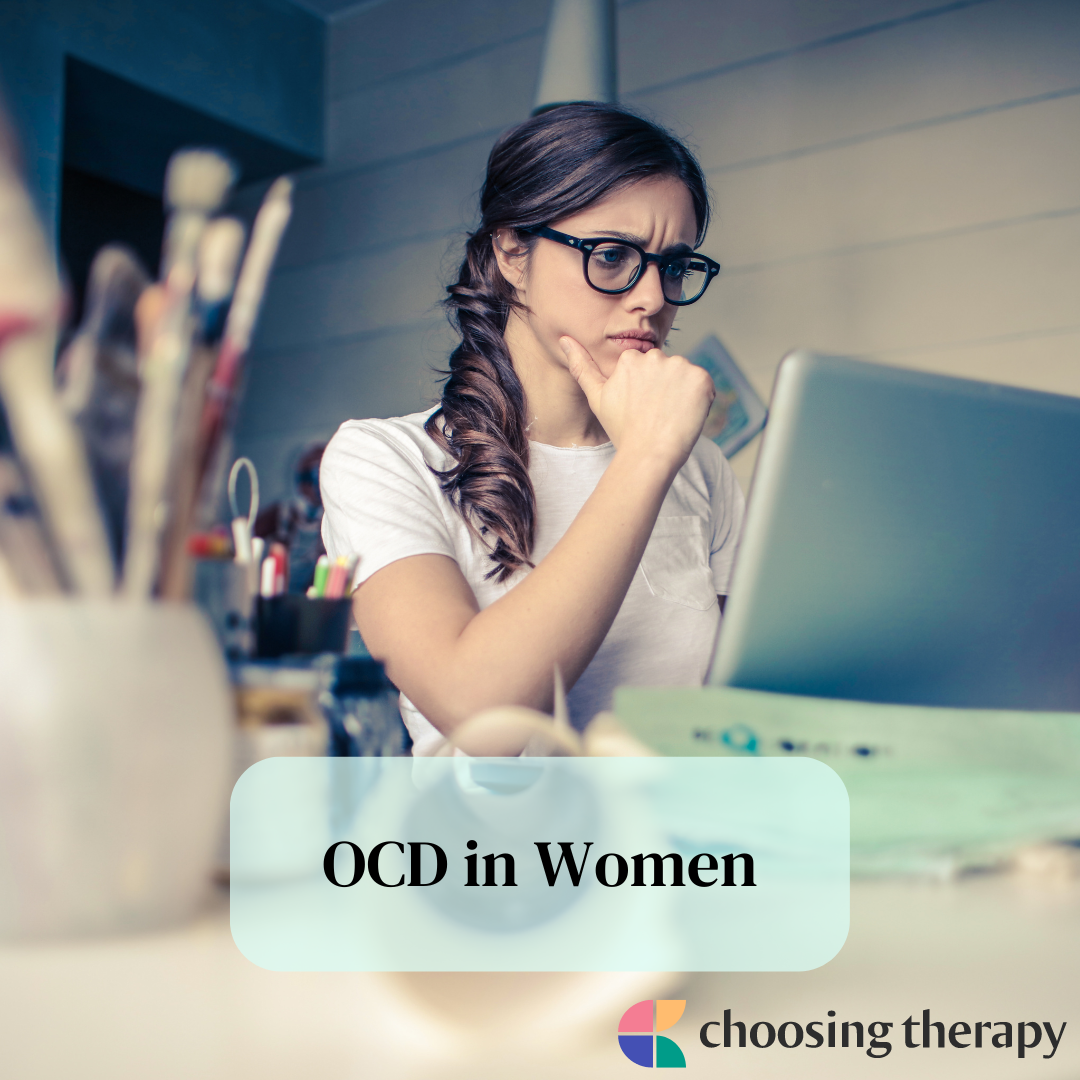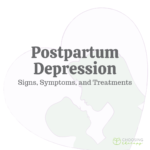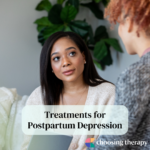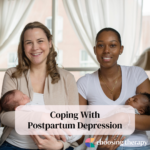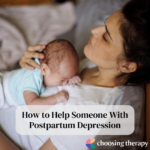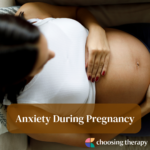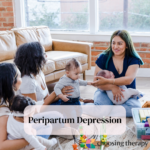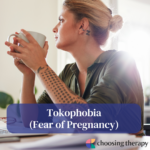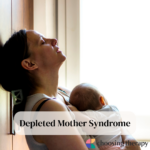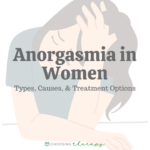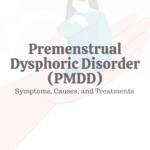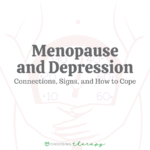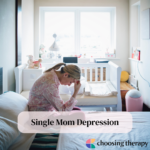
Women’s Mental Health Resources
Women face unique challenges in life, many of which can contribute to mental health issues and conditions. Taking care of your well-being is essential when navigating the various difficulties of life as a female-identifying person. Below you’ll find a list of articles to help you learn more about women’s mental health and find help.
Featured Articles on Women’s Mental Health

Feminist Therapy: How It Works & What to Expect
Feminist therapy emphasizes the link between a client’s wellness and their social, cultural, and political identities and experiences. Feminist therapy is used to support all genders and a broad range of concerns.
by: Jessika Fruchter, LMFT
17 Best Self-Help Books for Women
Whether you’re a women looking for more growth emotionally, spiritually, or in your career, or as a mother, there is a book for everyone on this list.
by: Hailey Shafir, LCMHCS, LPCS, LCAS, CCSMental Health Conditions in Women

Postpartum Mental Health
Other Postpartum Mental Health Concerns
Postpartum anxiety is a form of anxiety that arises after giving birth caused by the stress of adjusting to parenthood combined with the biological changes that women experience after childbirth.
Symptoms include:
- Significant worry
- Intrusive thoughts
- Difficulty sleeping
- Irritability
- Problems concentrating
- Fatigue
It is treatable, though recovery time depends upon severity of a woman’s anxiety, her support system, and the steps she takes to get help.
Therapy, medication, support groups, and self-care are some of the tools that can help a woman recover from postpartum anxiety.
People with postpartum OCD experience obsessive, intrusive thoughts that are difficult to control and often scary and upsetting. They engage in compulsive behaviors to help relieve the anxiety caused by the obsessions.
The most common postpartum OCD obsessions are about germs, contamination, and harm coming to the baby, either accidentally or on purpose.
While postpartum OCD can be distressing for new parents, it is treatable with therapy, medication, and self-care.
Postpartum psychosis usually presents suddenly, with most cases identified within the first four weeks following childbirth.
Symptoms vary but some common signs include delusions, hallucinations, heightened irritability, hyperactivity, significant mood changes, poor decision making, and decreased need for sleep.
Behaviors that could signs of postpartum psychosis include:
- Being more talkative or on the phone an excessive amount
- Racing thoughts or a busy mind
- Trouble sleeping or no need to sleep
- Heightened energy or agitation
- Behaviors that appear to be out of control or out of the normal scope
- Paranoia or being suspicious of others
- Uncharacteristic fixation on religious topics
- Beliefs that the baby is possessed or connected with god or demons
During a psychotic episode, the person fully believes their reality and does not have the same self-awareness that they normally would. Postpartum psychosis can be frightening but help is available and recovery is possible.
Postpartum rage refers to parental irritability, irritation, and sometimes aggression after giving birth. Many parents report increased overwhelming, unmanageable angry outbursts or distressing thoughts, which can negatively impact meaningful relationships.
Postpartum rage symptoms include:
- Difficulty controlling anger
- Violent thoughts or urges toward loved ones
- Increased screaming or swearing
- Feeling out of control of emotions
- Physical outbursts, such as punching or throwing things
- Feeling angry about small things unrelated to parenthood
- Feeling angry or resentful when having to take care of baby
- Feeling unable to “move on” after being made angry
- Extreme irritability
- Feeling powerless or helpless
This can be distressing for both the person experiencing the anger and those in their support network. Fortunately, help from a professional mental health expert can help you understand and work through postpartum rage in healthy ways.
The baby blues are a mild form of depression and anxiety that can occur early in the postpartum period, typically within the first 10 days. In fact, around 50 to 80% of women experience the baby blues in the first few weeks after giving birth.
Most women recover from the baby blues fairly quickly and do not require professional treatment. However, a portion of women may go on to develop a more severe perinatal mood or anxiety disorder (PMAD). Women who do not recover quickly from the baby blues should speak with a mental health professional about treatment options including self-care, talk therapy, and medication.

Pregnancy & Mental Health

Motherhood & Mental Health
FAQ About Motherhood
Can Mothers Experience Burnout?
Parental burnout is a multidimensional state of physical, emotional, and mental exhaustion. Women experiencing mom burnout often report feeling intense exhaustion, simply “going through the motions,” rather than feeling present or engaged with their children’s lives.
Why Do I Feel Like a Bad Mom?
Mom guilt refers to specific feelings of guilt related to motherhood and parenting. Some moms may feel they miss out on aspects of their children’s lives because they work, or some believe they do not live up to societal expectations of the “perfect mother.”
What Is Mom Shaming?
Mom shaming entails bashing the choices a mother makes for her children, household, and family. People may question her ability to raise her kids, judge her for working, or make assumptions about her parenting skills based on her appearance.

Other Women’s Issues
Read More About Women’s Issues

